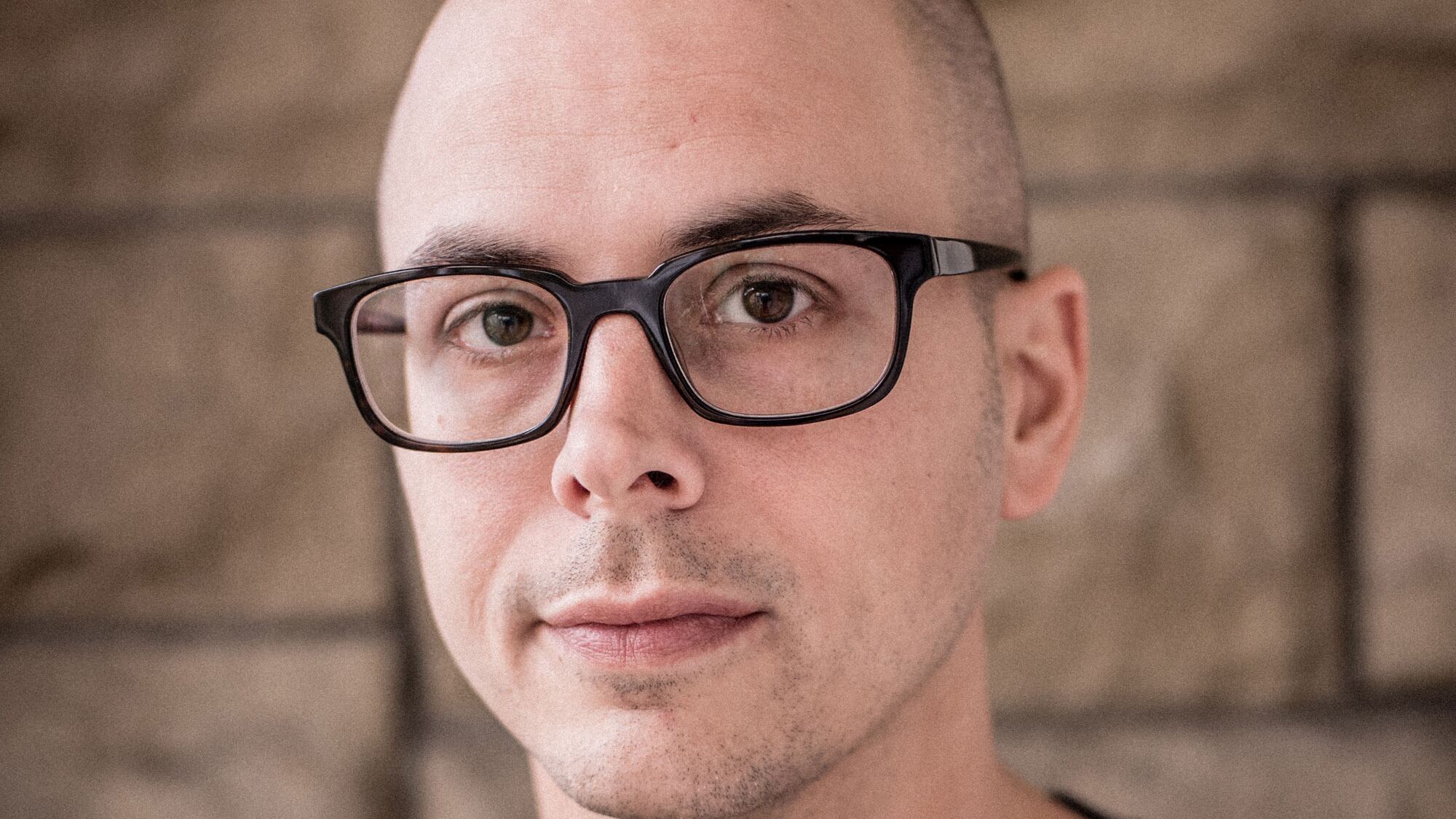
Wilson's alternate world is one of clockwork wonders beyond human capacity, a race of near-supernatural avtomat—Russian for automaton—existing since the dawn of time and passing as human with faces of porcelain and leather. Their gear-toothed lungs and soul-filled clockwork hearts are animated by a word that defines their existence, whether Truth or Logic or Chaos. Their machined perfection is portrayed as a kind of alien nobility. At the book's beginning, an old Russian recounts seeing one of these beings fighting a German Panzer in the Battle of Stalingrad: "We had been eating rats, June. We were weak. But this man was strong. He was holy…. I felt I was somehow witnessing the truth."
The avtomat are, of course, locked in a centuries-old struggle, the slowly revealed nature of which forms much of the pleasure of the book. It is a new universe unveiling itself, a history overlaid onto our own with meticulous care.
Related: Portland Writer Daniel Wilson Talks Steven Spielberg, and Making a Movie in Virtual Reality
By mid-book, wonderment gives way to the necessities of plot—brother and sister avtomats reborn to serve Peter the Great, and a progenitor "mother of worms" stalking them through the centuries. It all plays out as a wonderfully imagined clockwork deism: The gods and their game have been set in place, and so the world will now run out according to plan. It's also difficult not to see the minutely choreographed battles and rococo robot mansions as self-consciously cool set pieces invented for the film to come. But what a wonder it still is, to see the gods' great and terrible work set in motion.
Daniel Wilson will appear Friday, August 4, at Powell's City of Books, 1005 W. Burnside St., powells.com. 7:30 pm. Free. Throughout the month of Ahhhhgust! WW will feature reviews of thrillers, mysteries and potboilers by Oregon authors.

